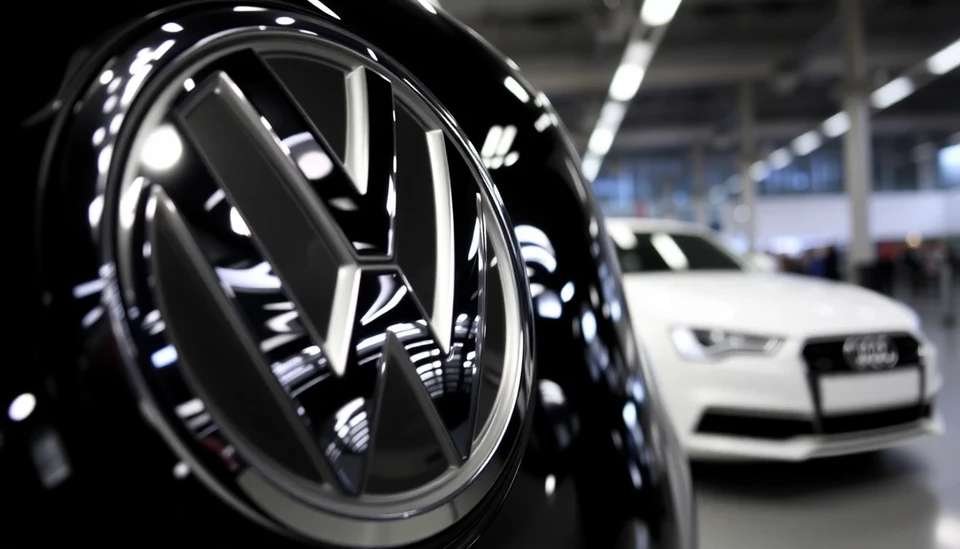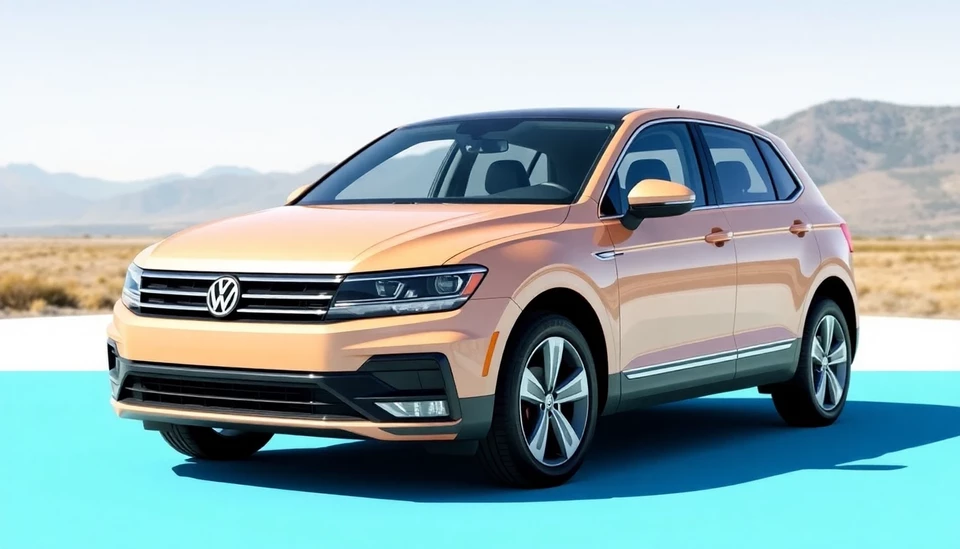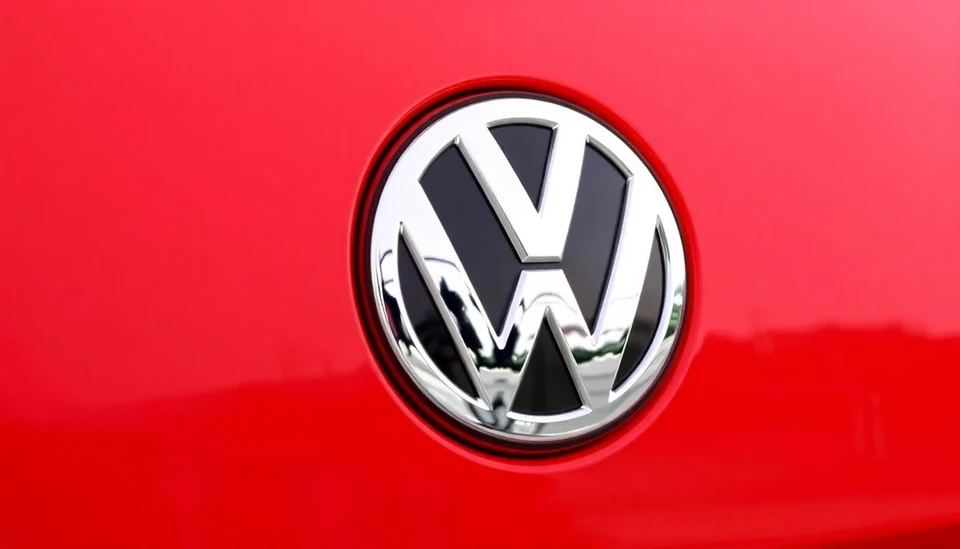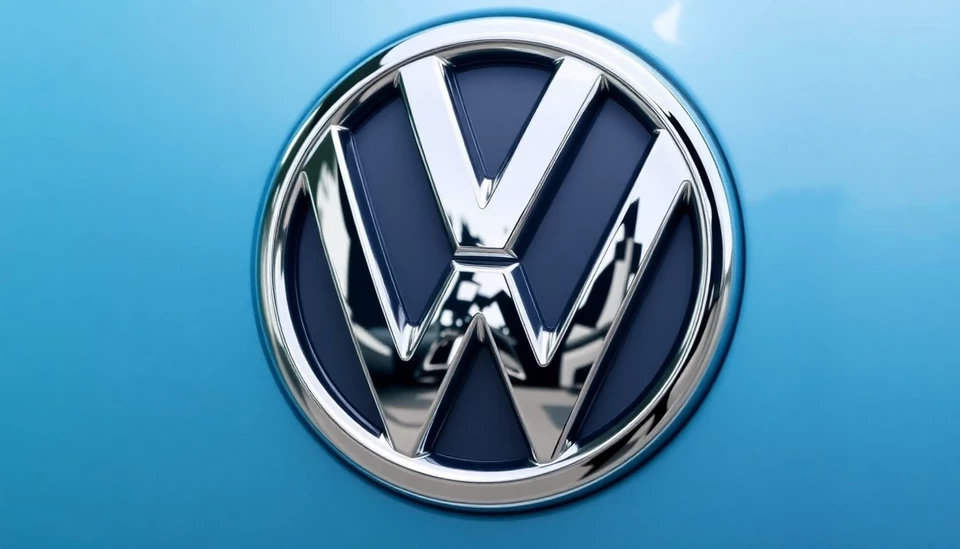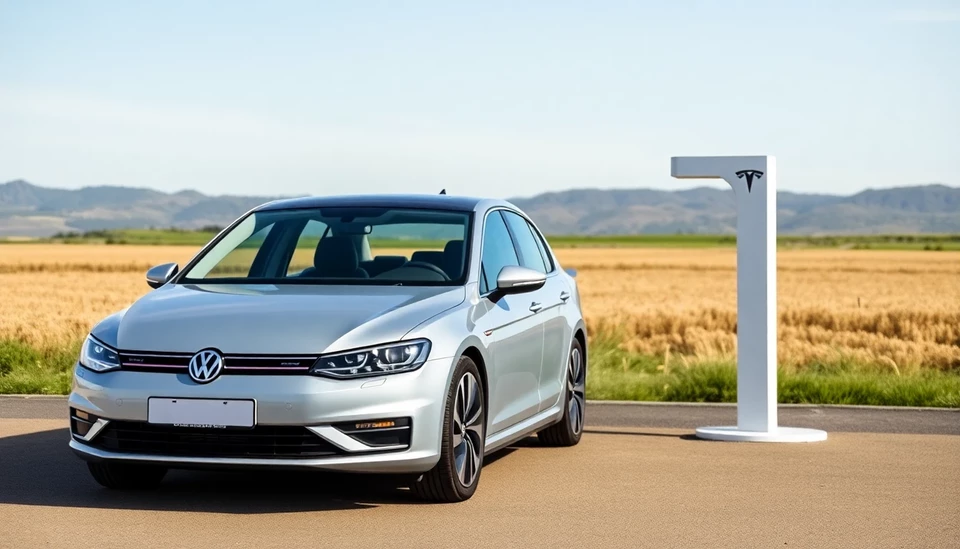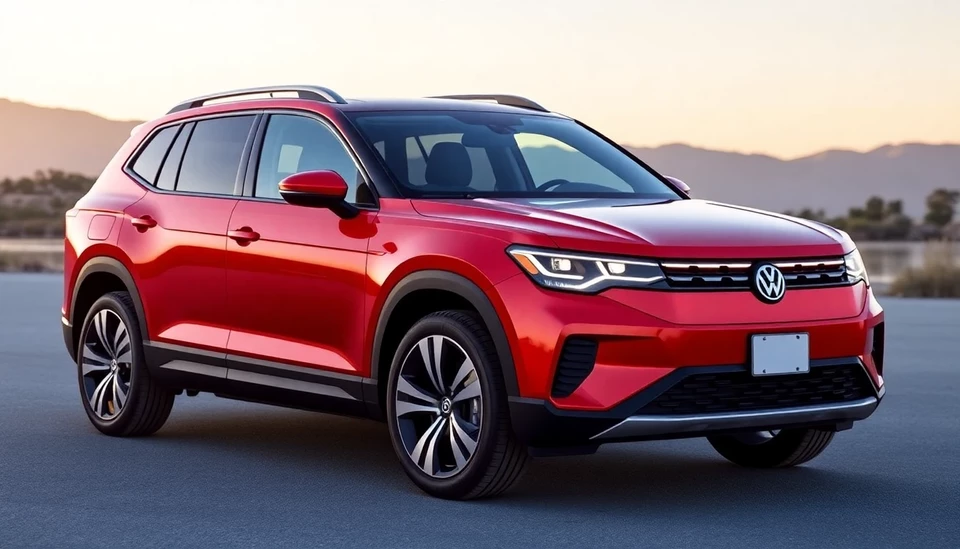
In a bold move that underscores its commitment to electrification, Volkswagen has announced a substantial increase in its stake in American electric vehicle manufacturer, Rivian, raising its investment from $1.3 billion to an impressive $5.8 billion. This decision comes at a tumultuous period for both companies, as they navigate the challenges of the rapidly evolving automotive market.
The timing of Volkswagen's decision to bolster its investment in Rivian has raised eyebrows among industry watchers. As electric vehicle adoption accelerates worldwide, Rivian has faced hurdles in scaling production. Despite initially receiving widespread enthusiasm for its electric trucks and SUVs, Rivian has encountered production delays and has struggled to meet demand. Analysts suggest that this added investment might be a double-edged sword: while it demonstrates Volkswagen's faith in Rivian's potential, it also places the German automaker's finances at risk if Rivian fails to fulfill expectations.
Volkswagen's increased stake is designed to bolster Rivian's growth initiatives, especially as the company heads towards its much-anticipated new product launches. With a focus on sustainability and innovation, Rivian aims to capture market share not just in the electric truck segment but across various areas of the EV landscape. The deal could also serve to strengthen both brands in an increasingly competitive environment filled with other heavyweights like Tesla and newly emerged startups.
In a statement, Volkswagen's CEO expressed confidence in Rivian's management and their vision for the future of electric mobility. He noted that their strategic partnership would enhance Volkswagen's position in the U.S. market, potentially opening doors for collaborative projects in technology and sustainable production methods. For Rivian, this partnership signifies a much-needed influx of capital and resources that could accelerate production capabilities and enhance its customer delivery timelines.
However, while the potential benefits are enticing, experts warn that the mounting challenges Rivian faces—from production bottlenecks to broader market conditions—could complicate this investment. Investors are keeping a close eye on Rivian’s quarterly performance, hoping for signs of recovery and positive growth metrics to reflect the optimism surrounding this financial partnership.
Resilient competitors continue to enter the electric vehicle space, prompting some analysts to speculate on whether Rivian can maintain its footing amidst such fierce competition. As the electric vehicle market becomes increasingly saturated, Rivian will need to prove that it is not just a flash in the pan but rather a sustainable player capable of thriving long term.
In summary, Volkswagen's strategic increase in investment towards Rivian reveals much about its commitment to electric mobility and innovation. However, it also spotlights the risks involved in navigating an unpredictable and competitive market landscape. As both companies advance into a new chapter, the industry will be intently observing their steps to see if this risky bet will pay off.
#Volkswagen #Rivian #ElectricVehicles #Investment #AutomotiveNews #Sustainability #EVMarket
Author: John Harris
